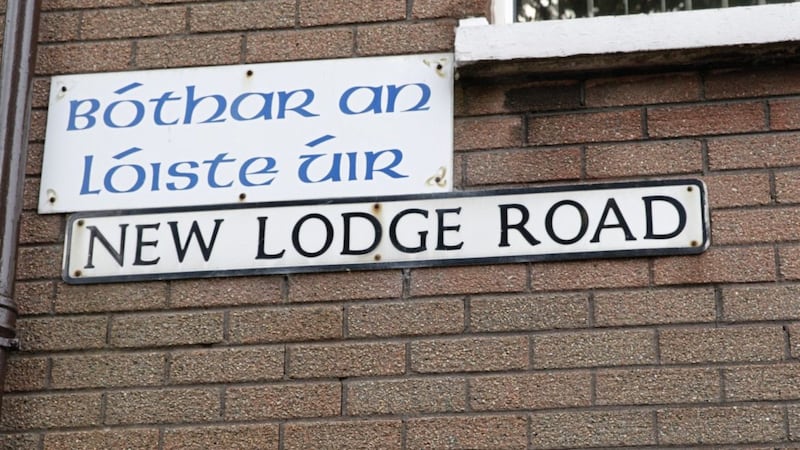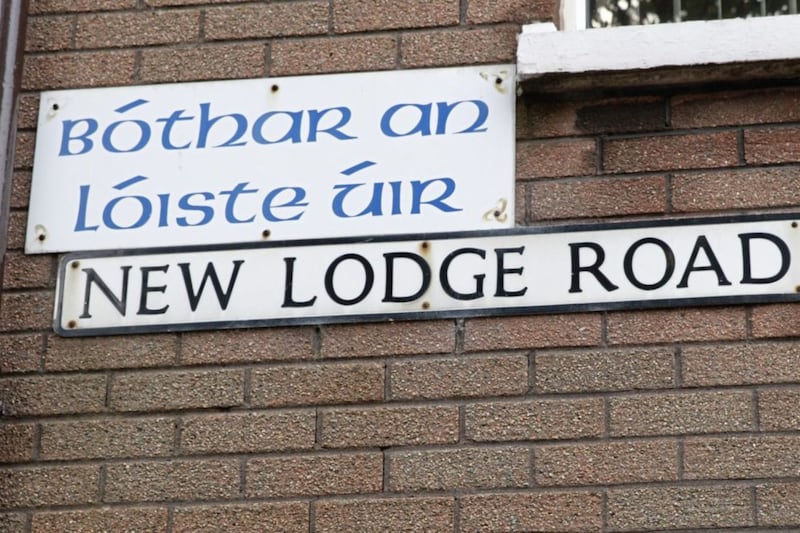FIVE Irish street signs a month are likely to be put up across Belfast after a new bilingual signage policy was agreed yesterday.
The city council's Strategic Policy and Resources Committee has ratified the new approach which will see the threshold of two-thirds of residents consent needed reduced to just 15 per cent.
Last minute amendments will see a cap imposed on the amount of money which can be spent on the signs, which will work out at around five per month, councillors heard.
It followed consternation voiced by Alliance representative Michael Long at a report from officials estimating unrestricted applications could see the council spend up to £4 million on the changes.
That number has since been revised downwards to £3.2m, with an estimated cost of £1,000 per street.
This was enough to secure support from the party and saw the policy agreed by 14 votes to six - opposed by the unionist parties.
DUP councillor Brian Kington voiced concerns that the new policy would allow Irish street signs to be imposed on streets where the majority of residents opposed it, describing them as "an expression of political identity".
While the full council is expected to ratify the decision, unionists have indicated they will challenge (or `call in') the vote - which would see a senior lawyer brought in to adjudicate.
However, officials briefed members that the inclusion of the 15 per cent threshold makes the move "defensible by law", with international practice seeing consent to minority language signage lying between five and 20 per cent.
SDLP group leader Donal Lyons said that it would take around 80 years at that pace to put signs in place across the city.
Mr Long said the original proposal was "uncosted" and the city "could have had hundreds" to pay for at a time when budgets are under pressure.
"The current figure in the proposal would see five a month. That may be revised upwards a bit, it depends on the budget, but the council could do five a month at present," he said.
"International research for minority language consent is between five and 20 per cent. This is at the higher end of that and a lower level than what is needed now.
"I support Irish language policy. I wanted to make sure the council could afford it - especially with the challenges budgets are facing this year."
Other options before council included retain the current policy which need one third of residents to in favour of a second sign in Irish and two-thirds to respond positively to consultation and for a single request and a 10 per cent positive consultation threshold.





